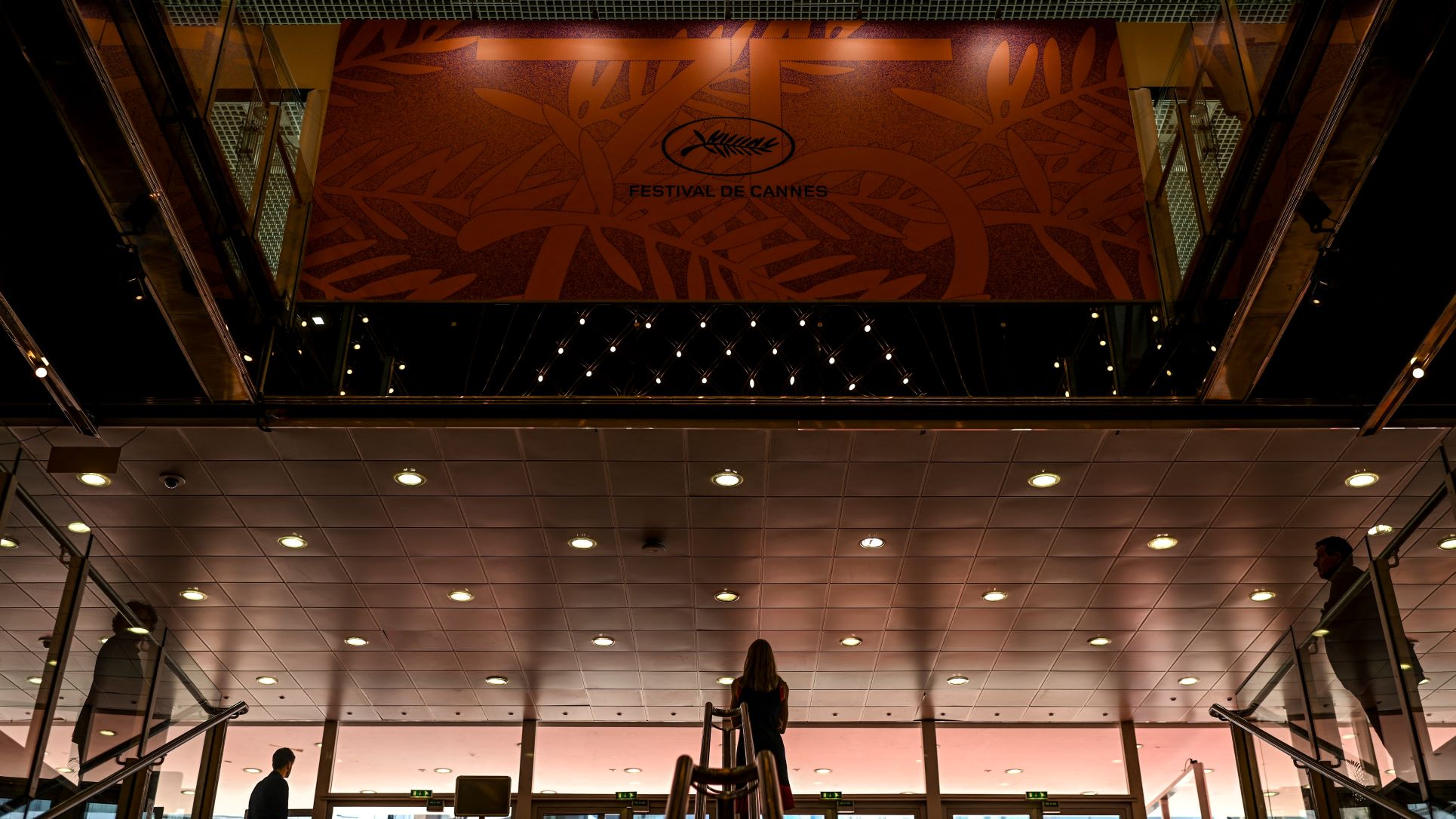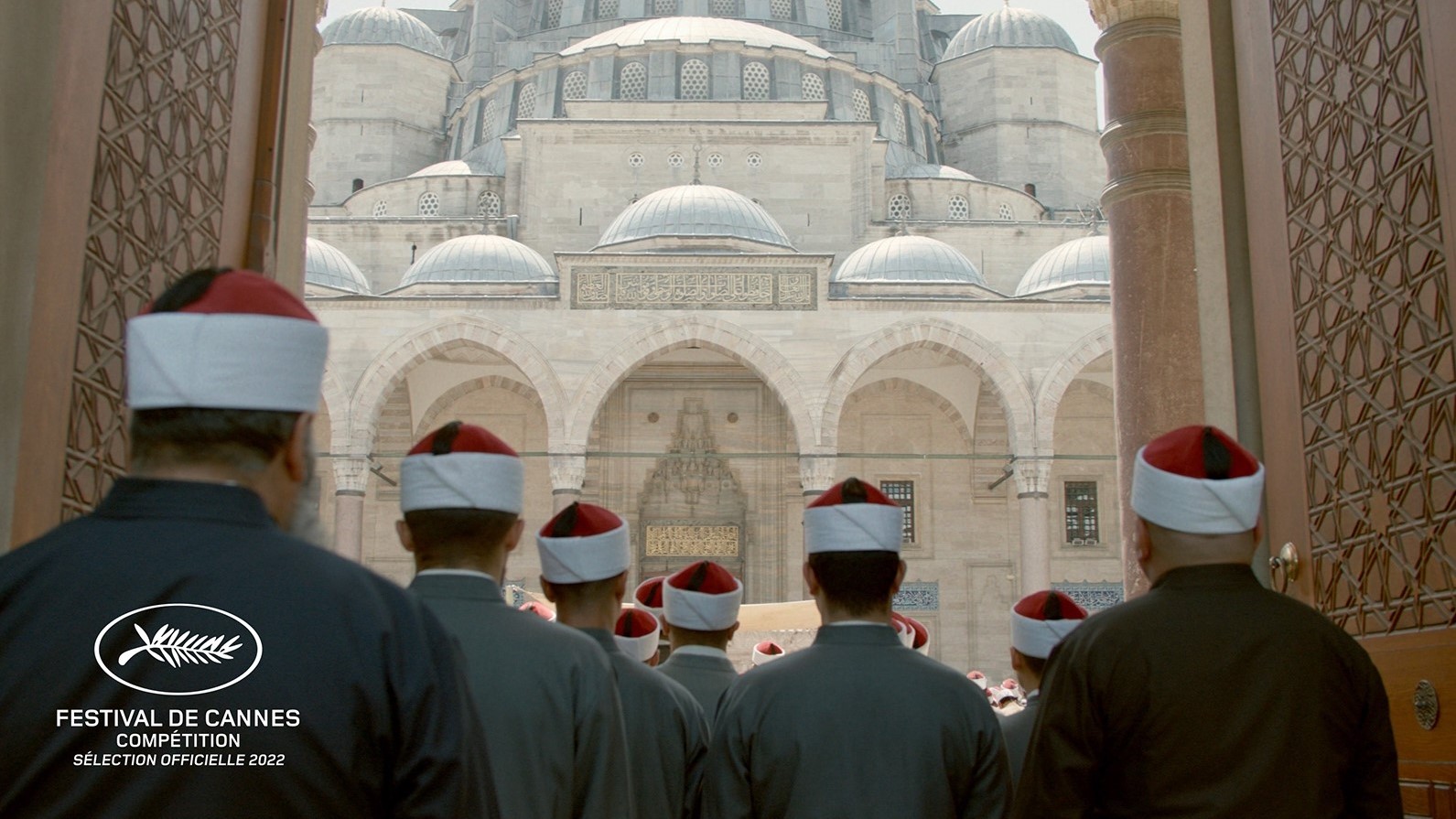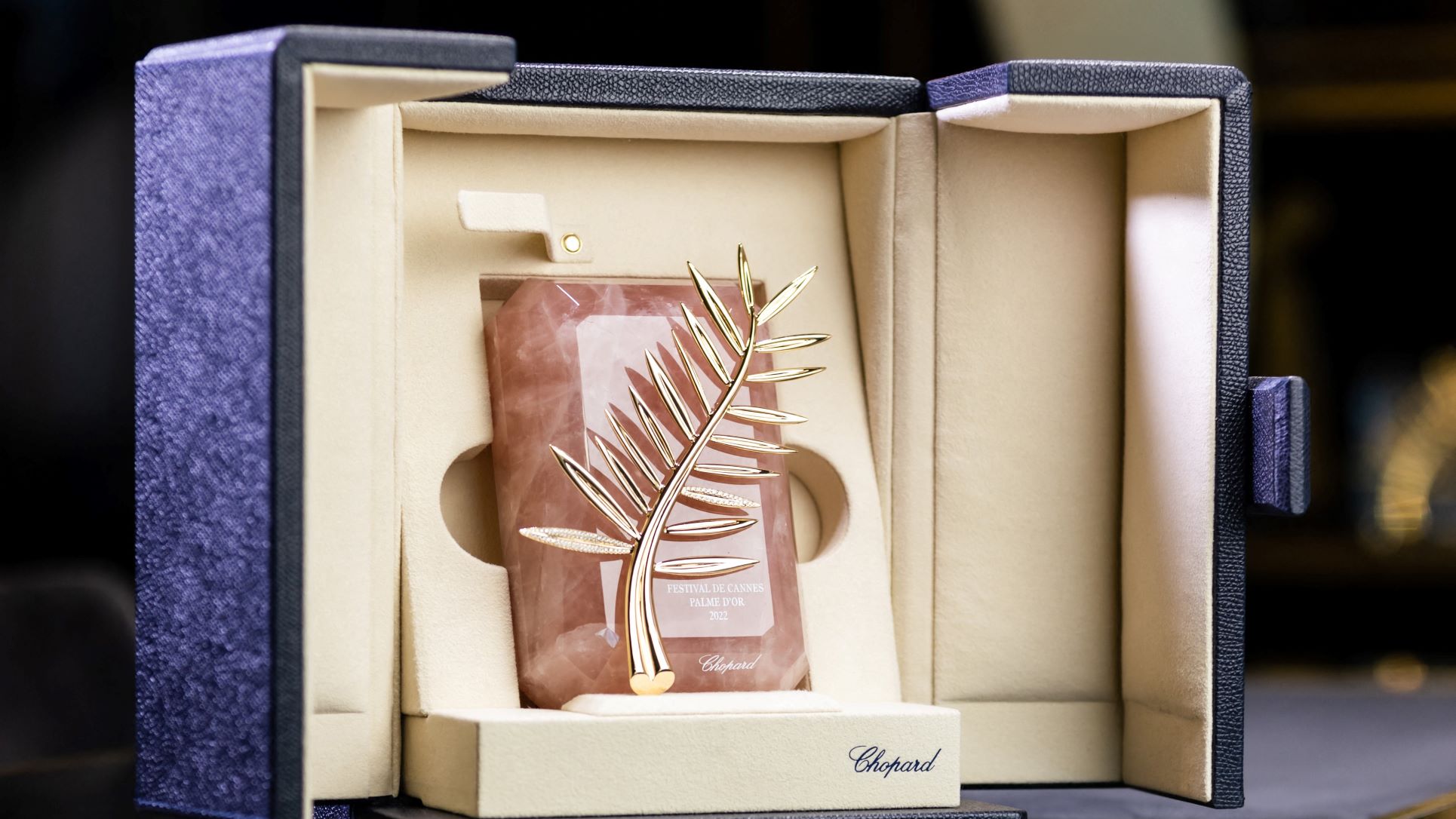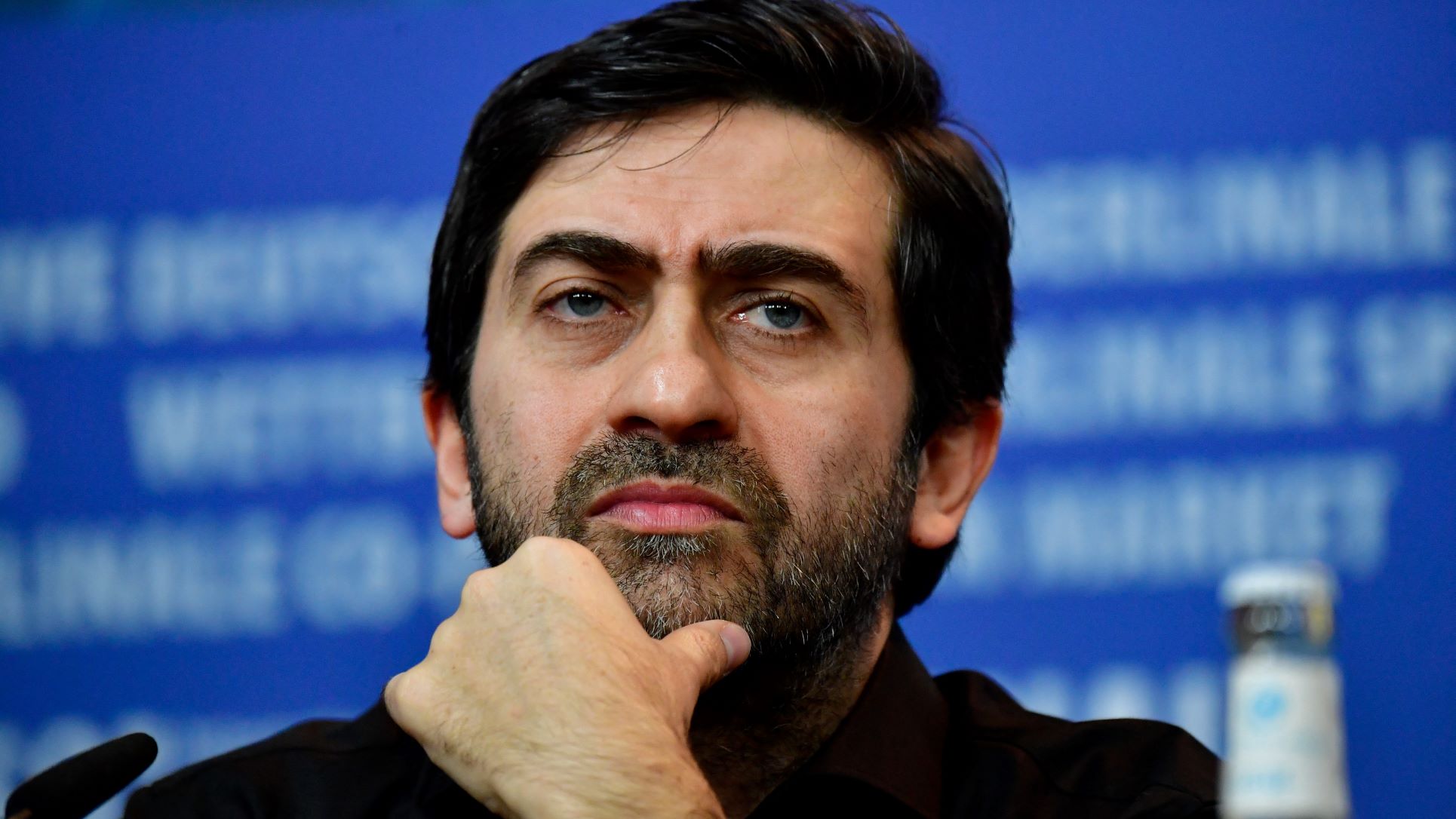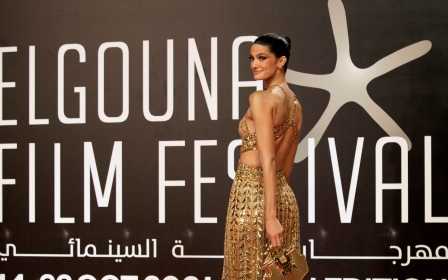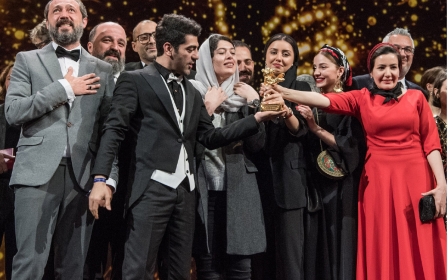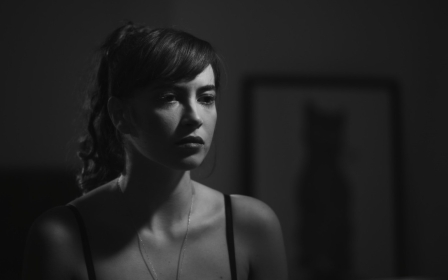Cannes 2022: The Middle Eastern films to look out for
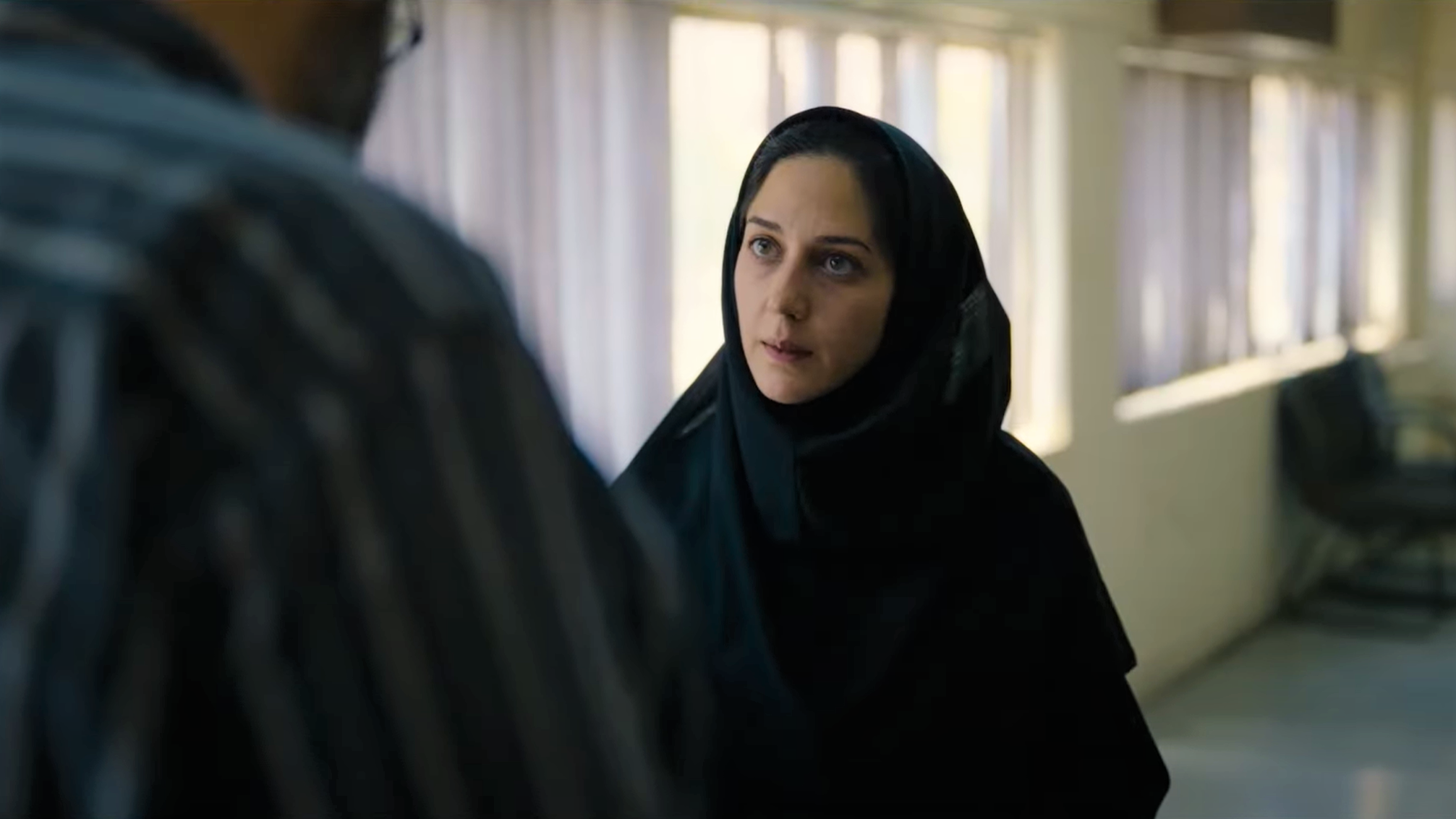
After a couple of years of cancellations and endless shuffling and uncertainty, the world’s biggest film festival is back, promising a full return to the pre-pandemic heyday of Hollywood blockbusters, mega art-house productions and bona-fide new discoveries.
Despite the extended lull cinema grappled with last year, Cannes still managed to present several critically adored smash hits that exceeded expectations at the otherwise ailing box office.
New MEE newsletter: Jerusalem Dispatch
Sign up to get the latest insights and analysis on Israel-Palestine, alongside Turkey Unpacked and other MEE newsletters
Japanese Oscar winner Drive My Car, Norwegian romantic comedy The Worst Person in the World, and French musical Annette among others have proven that indie cinema can still draw in sizeable audiences across the globe and on various platforms.
Smaller productions from countries with smaller reach struggled in an alarming fashion, however. The expansion of the Cannes programme, coupled with baffling apathy from western critics and journalists, severely harmed developing cinemas like that in the Middle East.
Several buzzed-out titles such as Omar El-Zohairy’s Egyptian Critics’ Week winner Feathers, Ely Dagher’s Lebanese drama The Sea Ahead, and Karim Ainouz’s Algerian documentary Mariner of the Mountain either underperformed at the European box office or failed to secure theatrical release.
The world may have returned to a relative state of normality after two years of social distancing, mandatory masking and vaccine disputes but the market for non-Hollywood films remains more unstable than ever, hampered further by conflict in Ukraine and runaway inflation forcing a substantial drop in consumer spending.
The speciality box office around the world remains down from pre-pandemic days, while the streaming bubble has predictably burst, with the likes of Netflix and Disney Plus either losing subscribers or hitting a growth slowdown. Cannes remains a trend-setter and the world’s biggest film market, but inclusion in the festival no longer holds the great cachet it once did.
Films by little-known auteurs with no stars showing outside the competition are thrust into a battle for survival in a landscape governed by a radically shrinking attention span for new talents.
In this climate, how the Middle Eastern picks of the 75th Cannes will fare beyond May is anyone’s guess.
High hopes for the Middle East
Expectations remain sky high though, for the fest has assembled one of its strongest Middle Eastern selections in recent memory, offering a dizzyingly diverse array of thrillers, fantasies, bucolic romances, and controversial political allegories bound to make headlines in the forthcoming months.
Topping the Middle Eastern lineup are two highly contentious, European-funded competition contenders that will almost certainly be banned in the countries their stories are respectively set in.
The first is Boy from Heaven, the latest feature by Egyptian-Swedish filmmaker Tarik Saleh who rose to fame with the 2017 Egypt-set crime noir blockbuster, The Nile Hilton Incident.
After a successful stint in Hollywood where he directed an episode of Westworld and the action thriller The Contractor, Saleh returns to Egypt for this political thriller detailing the power struggle that erupts at Al-Azhar University following the sudden and dramatic death of the grand imam.
Following the footsteps of Nile Hilton, this is another exploration of the various contesting authorities governing Egypt. While his earlier work focused on police corruption, Boy from Heaven turns its attention to the nation’s highest religious authority whose close ties with the political establishment is a well-known but taboo subject that has not been explored in cinema before.
The production of Nile Hilton was notoriously shut down by the Egyptian authorities and the film was subsequently banned. Boy From Heaven – which was shot at Istanbul’s Suleymaniye Mosque and is fronted by a cast of non-Egyptians – is expected to cause uproar in a country now known for its intolerance of any critical work showcased in international arenas.
No less argumentative is Holy Spider, the hotly anticipated third feature by Sweden-based Iranian filmmaker Ali Abbasi. Abbasi’s last feature, the 2018 Oscar-nominated horror-thriller Border, established him as one of the world’s most exciting genre masters – a highly original voice with a gift for infusing subtle, shrewd politics into mutable, unpredictable forms.
Holy Spider is Abbasi’s first Iran-set picture: a brooding thriller about a serial killer who embarks on a rampage to cleanse the holy city of Mashhad from sex workers. With a new wave of clampdowns on filmmakers escalating in recent weeks, Holy Spider – which was shot in Jordan – is also expected to be banned in Iran.
Another Iranian competition entry is Leila's Brothers, the third feature by Saeed Roustayi whose 2019 actioner Just 6.5 was a big commercial hit back home. Roustayi’s latest outing – his first Cannes contender – is a domestic drama about a 40-year-old woman who has been taking care of her parents and four brothers.
The titular heroine goes head to head with her father after finding out that he has been hiding an heirloom, which despite his family's crippling debts, he plans to use to pay his way into becoming patriarch of his clan.
While not as confrontational as Holy Spider, Leila's Brothers nonetheless is not deficient in thorny politics, examining the impact of the international sanctions on Iran’s fragile familial structure.
A third Iranian film that figures in the Critics’ Week sidebar is Ali Behrad’s debut feature Imagine about an eventful nocturnal journey a cab driver embarks on after falling in love with a woman he can’t have.
Tunisia's star emerges
With a whopping three features in Cannes this year, Tunisia continues to cement its reputation as the Arab world’s indie cinema powerhouse.
In the "Un Certain Regard" competition, American-Tunisian Lotfy Nathan makes his feature directorial debut with Harka, a family drama about a twentysomething man struggling to make ends meet in a country plagued with a dysfunctional economy.
The sudden death of his father leaves him in charge of his two younger sisters – a colossal burden that pushes him to the edge of a cliff.
Hot on the heels of last year’s atmospheric revenge fable Black Medusa, co-director Youssef Chebbi makes his solo directorial debut with the Directors’ Fortnight sidebar entry Ashkal, a thriller that follows two cops as they try to solve the mystery of two bodies found in a high-end district first constructed by the Ben Ali regime and halted after the revolution.
Rounding up the Tunisian representation is Erige Sehiri’s luminous directorial debut Under the Fig Tree, also bowing at the Directors’ Fortnight. A Renoir-like naturalistic look at the dreamy courtships of a group of young working-class farmers taking place over a single summer, the near-plotless Fig Tree was shot during the pandemic on a shoestring budget with a cast comprised entirely of non-professional performers.
Strikingly lensed and incredibly heartfelt, Sehiri’s wondrous little creation – already seen by this writer – is one of the most remarkable Middle Eastern films of the year: a rare portal into the modern Arab countryside that defies common preconceptions.
Religion, taboos and politics
Equally remarkable is Lebanese Ali Cherri’s directorial debut The Dam. A Sudanese fantastical fable set against the backdrop of the 2018 revolution, the film follows a construction worker who channels his repressed energies into creating a mud construction.
As the uprising gains momentum, the worker’s creation takes on a life of its own, springing into an enigmatic monster. Highly distinguished for its tactile look, limited use of dialogue, and complex exploration of the connection between body, earth and country, The Dam is a fascinating curio that puts another twist into the prospering Arab genre cinema.
Two former Cannes alumni return with their sophomore efforts premiering at Un Certain Regard. Moroccan Maryam Touzani (Adam) turns her attention to the still prickly issue of homosexuality in The Blue Caftan. Lubna Azabal and Saleh Bakri are a married couple running a traditional textile store in an old neighbourhood. Trouble starts when the husband falls for the new hired male apprentice.
Touzani’s previous work lacked formal invention and visual flair. The Blue Caftan is not expected to break any new grounds, but, like Adam, should make for competent storytelling.
More promising is Mediterranean Fever, Palestinian Maha Haj’s follow-up to 2016’s warmly received Personal Affairs. Set in Haifa, a middle-aged aspiring writer with chronic depression strikes up an unlikely friendship with a small-time crook.
Their relationship takes an unexpected turn when the writer asks the thief to help him end his life. Haj’s filmmaking is notable for keen observation of the vagaries of everyday life and the elusiveness of human relationships. Like her freshmen outing, Mediterranean Fever is an atypical look at entrapped Palestinian lives in Israel.
Two films by French-Arab filmmakers are shown in the fest’s Special Section. The first is Nos Frangins, the latest feature by veteran French-Algerian helmer Rachid Bouchareb (Days of Glory, London Fever) which chronicles the real-life story of 22-year-old French-Algerian Malik Oussekine who is believed to have been murdered by the police in 1986.
The second is Salam, a feature documentary co-directed by French-Moroccan Houda Benyamina (Divines) charting former rapper Diam's and her sudden withdrawal from public life and conversion to Islam.
Lastly, Turkey makes a solitary appearance in Cannes 2022 with Burning Days, the fourth feature by Emin Alper (Frenzy). A Chekhovian tale revolving around a young idealistic public prosecutor who gets dragged into the heated local politics of the small town he’s been appointed to serve, Burning Days is another political allegory that combines different elements from Alper’s previous pictures Beyond the Hill and Frenzy.
A former Venice winner, Alper is one of Turkey’s few overtly political filmmakers and his latest – which sheds light on the rise of right-wing populism – will likely stir debate at home.
The Cannes Film Fest runs from 17 May to 28 May.
Middle East Eye delivers independent and unrivalled coverage and analysis of the Middle East, North Africa and beyond. To learn more about republishing this content and the associated fees, please fill out this form. More about MEE can be found here.


